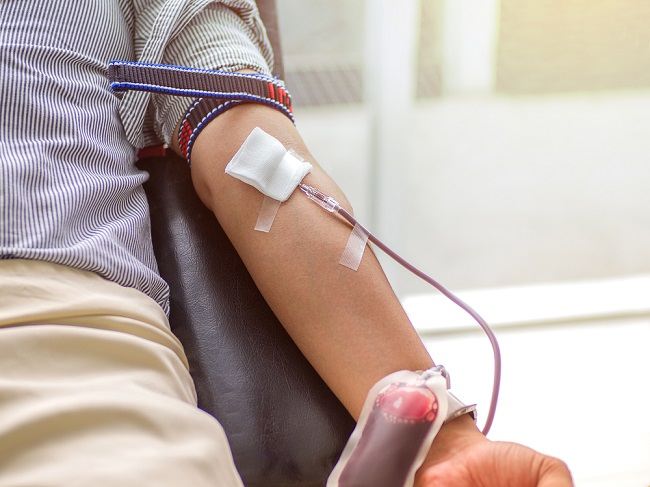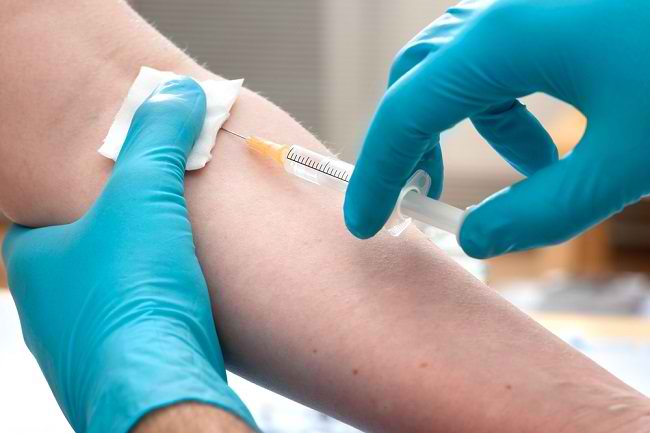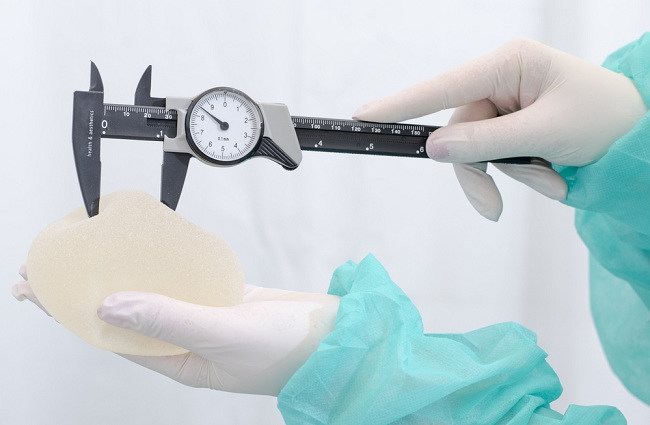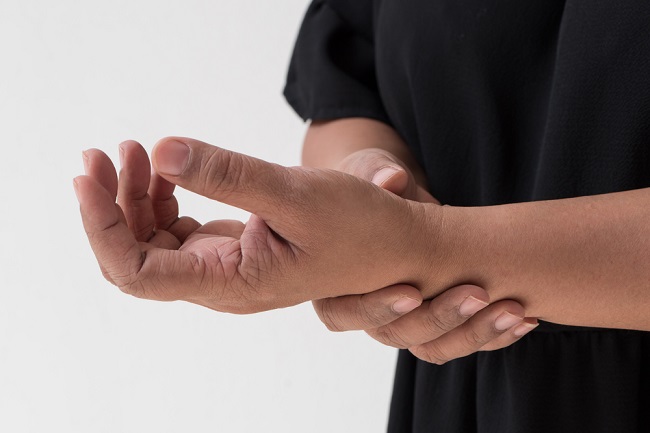Pediatricians who are hemato-oncologists have in-depth knowledge of the prevention, diagnosis, and treatment of various blood disorders and cancers in children, from infancy to adolescence. To find out more about the role of this subspecialist doctor, consider the following review.
Pediatricians who are hemato-oncologists in Indonesia have a Sp.A (K) degree. To get this degree, a general practitioner needs to complete specialist education in the field of pediatrics and become a pediatrician (Sp.A). After that, he continued his study in the field of blood disorders and cancer in children.

In dealing with cancer and blood disorders in children, pediatric hemato-ontologists also often collaborate with other specialists, such as surgeons and radiation oncologists.
Diseases Treated by Pediatricians Hemato-Oncologists
Some of the conditions commonly treated by pediatric hemato-oncologists are:
- Blood clotting and bleeding diseases, such as idiopathic thrombocytopenic purpura (ITP) and hemophilia
- Red blood cell disorders, such as iron deficiency anemia thalassemia, and sickle cell anemia
- Bone marrow and white blood cell disorders, such as aplastic anemia and neutropenia
- Blood cancers, such as acute lymphoblastic leukemia and lymphoma
- Nerve cancer, such as neuroblastoma
- Bone cancers, such as osteosarcoma and Ewing's sarcoma
- Brain cancers, such as astrocytoma and medulloblastoma
- Eye cancer, such as retinoblastoma
- Kidney cancer, such as nephroblastoma
Given that these diseases are very dangerous, you need to be aware of them. You are advised to take your child to a pediatric hemato-oncologist if he experiences any of the following symptoms:
- There is an unusual lump or swelling in one area of the body
- pale skin
- Weak
- Tired easily
- Easy bruising or bleeding
- Continuous pain in one area of the body
- Continuous fever
- Continuous headache, often accompanied by vomiting
- Changed vision
- Drastic weight loss
Actions a Pediatrician Hemato-Oncologist Can Perform
In making a diagnosis, a pediatric hemato-ontologist will trace the child's medical history along with the child's symptoms, as well as perform a physical examination. After that, the pediatrician, a hemato-oncologist, will carry out a supporting examination according to the child's illness.
If the child is suspected of having a blood disorder, the doctor will perform a complete blood count to check the blood components, including hemoglobin, hematocrit, number and volume of red blood cells and white blood cells, platelet count, and the child's erythrocyte sedimentation rate.
As for tumors and cancer, pediatric hemato-oncologists will usually perform blood tests, bone marrow aspiration analysis, urine tests, radiological examinations, and biopsies to diagnose cancer in children and their severity.
Pediatrician hemato-oncologists also perform some special treatment measures, such as chemotherapy and periodic blood transfusions. This treatment is of course also accompanied by monitoring the progress of the disease and complications of the disease.
In addition, pediatricians who are hemato-ontologists are also responsible for providing counseling and knowledge to parents and to children, when the child is old enough to understand, about the disease the child is suffering from and the treatment that will be carried out.
Things to Prepare Before Meeting a Pediatrician, a Hematologist-Oncologist
Before consulting with a pediatric hemato-ontologist, record all the symptoms and complaints experienced by the child along with a history of diseases related to blood disorders or cancers that have existed in your family or your partner. This will make it easier for the doctor to diagnose the illness suffered by the Little One.
Also tell the doctor about the history of pregnancy and childbirth, growth status, medicines consumed, and completeness of immunizations. In addition, also prepare questions that you want to ask the doctor so that you really understand about your child's condition.









